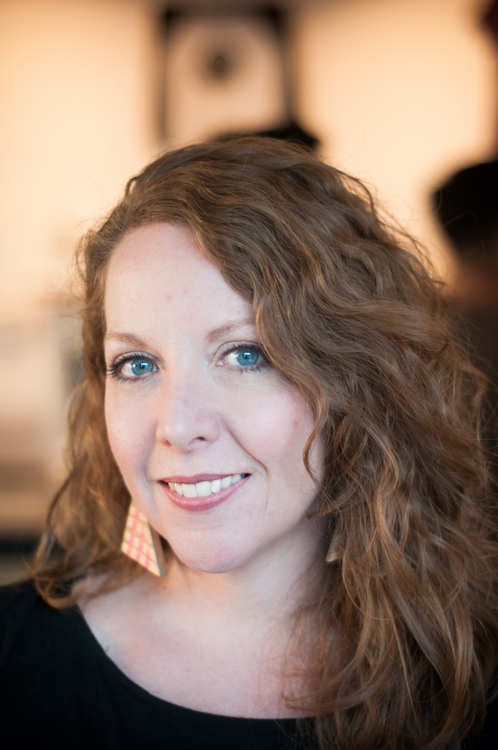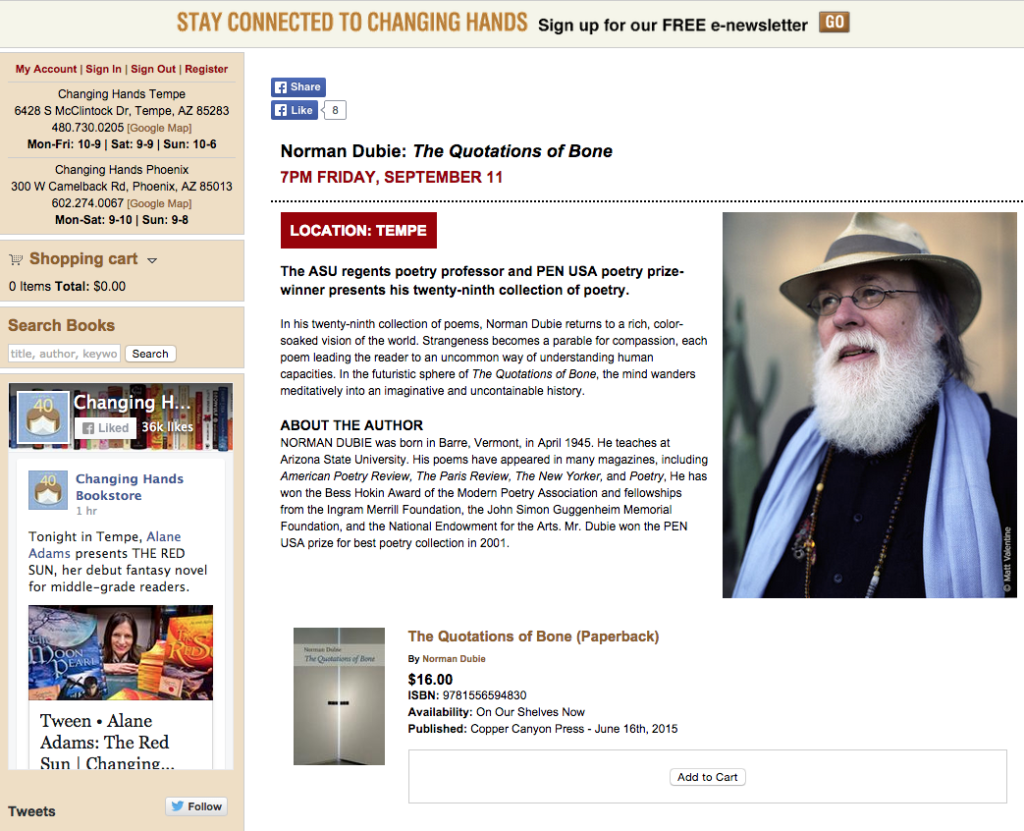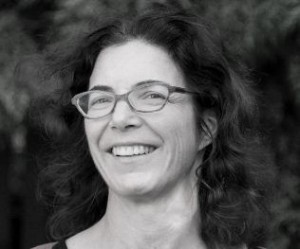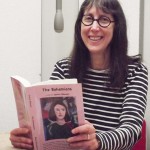Greater Than or Equal To: What We Lose When Poetry Celebrates Youth
 When I was 32, I worked three jobs in two cities. A typical day had me awake at 5:45 a.m. to drive an hour north to teach developmental English classes at a community college, drive back south to work several hours as a copy editor at the local weekly newspaper, then finally zip across the city to teach at a second community college. Other days reversed the schedule, with me teaching in a different city late at night and returning home to get just six hours of sleep before the next packed day began. I had a recent master’s degree in poetry and no time to write poetry, but I was too harried to worry, figuring I had plenty of time to refocus once my life wasn’t so chaotic, so unformed. Yet, at 32, I had already aged out of the Ruth Lilly and Dorothy Sargent Rosenberg Poetry Fellowship. I hadn’t even really started and it was already too late.
When I was 32, I worked three jobs in two cities. A typical day had me awake at 5:45 a.m. to drive an hour north to teach developmental English classes at a community college, drive back south to work several hours as a copy editor at the local weekly newspaper, then finally zip across the city to teach at a second community college. Other days reversed the schedule, with me teaching in a different city late at night and returning home to get just six hours of sleep before the next packed day began. I had a recent master’s degree in poetry and no time to write poetry, but I was too harried to worry, figuring I had plenty of time to refocus once my life wasn’t so chaotic, so unformed. Yet, at 32, I had already aged out of the Ruth Lilly and Dorothy Sargent Rosenberg Poetry Fellowship. I hadn’t even really started and it was already too late.
At 40, I am now also not eligible for the Stanley Kunitz prize from American Poetry Review, years past dreaming of being one of the National Book Foundation’s 5 Under 35. I also would have been too old for the Yale Younger Poets Prize, which until this year required its winners to be under 40—it’s notable that the 2016 winner is just over 40, which should tell us a lot about the limited scope these kinds of age restrictions create.
This may start to sound like a wine that’s turned—sour grapes and all that. It’s not this at all, or at least, it’s not only this. I recommitted to writing again at 38, and in just over two years have published over two dozen pieces; my first book is coming out next year as the winner of a great (and as yet unannounced) prize, which is to say I’m good. I begrudge none of these younger writers their support and success, but that they earned their accolades does not take away from the fact that poetry has an age problem.
I discovered the extent of this while seeking support as an emerging writer over the past two years. So many kind friends have forwarded me prize or fellowship opportunities that, because of my age or too many years having passed since earning my MFA (such as the Emory University or Kenyon Review fellowships, which require the degree to be no longer than five years old), I don’t qualify for. Why is this a problem for anyone but me? The reasons, as I’ve laid out in multiple shower and car ride monologues on this topic, are:
- These limits on age and time spent out of school are classist. They are remnants from an antiquated system where poets (usually white men of some means) are exposed to poetry early, decide to pursue it in college, find mentorship and support and begin publishing soon after matriculating. This apparently still happens for some, but this trajectory is almost impossible to replicate if you are poor; if you come from a rural place with little to no artistic community; if your passions and talents have to be put aside so you can work a lot to live. These constrictions validate and enforce a system that keeps many voices out—they say that if you have not made it by a certain age, it’s because you were not good enough. If anything, those who count themselves as older emerging writers should be celebrated for pushing on when all messages indicate to do otherwise.
- These limits are sexist. Misogyny is humankind’s oldest song, and even the throats of poets open up to sing it. While things may be shifting for millennials, Gen X and Baby Boomer women came up when their male peers were more likely to be singled out and supported by professors and editors. To penalize them for society’s slow (and ever-halting) shift out of this bias is to perpetuate the problem. Moreover, women are more likely to put their careers, artistic and otherwise, on hold for caregiving. The median age for women who hold master’s degrees or higher to have a first child is 30. Five years after my MFA, at the end of my eligibility for a host of fellowships, I had a newborn child and could not pursue such opportunities—the idea that there is a clock on not only our bodies but our creative lives as well is demoralizing. The message to many mothers who write is: get your success early or not at all, as the time you take to care for a family will be counted against you. That’s not unlike the rest of American society, of course, but the poetry community should acknowledge that in its pursuit of challenging injustice and bias, it continues to uphold structures that marginalize the voices of many women.
- Such restrictions impoverish us all. I keep thinking back to my dear friend who won Yale’s contest which, just the year before, she would have been ineligible for because of the year of her birth. How much longer would it have taken to get to fully embrace this voice, fully formed and with so much to say? How many poets and poems have we missed because there weren’t enough opportunities for older emerging writers? How many talented people struggled for years to balance family and jobs with finding time to write, only to decide the sacrifice of time away from other obligations could no longer be justified? If we, as poets, are truly concerned with issues of representation, limits on age and even time spent out of a degree program cannot be supported.
Of course I have skin in this game. I wrote a book in two years while raising a preschooler and teaching five classes a semester at a community college. That is, to use the parlance of my culture, freakin’ loco, and frankly unsustainable. If something about my circumstances doesn’t change, I don’t know that I can do it again. Even writing this blog has required that I ignore my child for hours on a day when we usually spend time together making crafts he then tapes all over the wall, messy with handprints, a jungle of art projects past and present.
But I’m not writing this for me, or at least, I don’t think I am. Like I said, things are working out alright — they’re beginning to take shape, an event which required me ignoring nearly every message I’d received about my writing or worth for a decade. I’m posting this because the first time I shared my story about returning to poetry while as a full-time instructor and almost 40-year-old mother, the feedback was overwhelming. A short interview on my institution’s website done after I won The Georgia Review’s Loraine Williams Poetry Prize led to so many people, nearly all women, reaching out to me to say—me too. Women I’d never met emailed me to say they’d stopped trying to write or publish, that they felt the time for their creative work had passed. That’s the message we’ve been given, and it’s bullshit.
I know there are other emerging writers contests in journals and nearly a score of first-book poetry contests that do not have maximum age requirements. These are necessary because they invite new voices into the conversation, broadening and expanding it. I have myself have benefitted from these, allowing me to make the slow and fitful transition into having “emerged,” but I almost didn’t make it that far. Our celebration of youth is dangerous because it is necessarily also a denigration of age, and for those struggling to find even a spare fifteen minutes to write, these messages can stifle and snuff such voices entirely.
We should continue to support the work of emerging voices from all kinds of backgrounds and perspectives, but we must no longer equate emerging with young. Finding a hot, young writer with loads of talent makes for a great story, but the older writer working despite all of the odds may have more of a story to tell.





